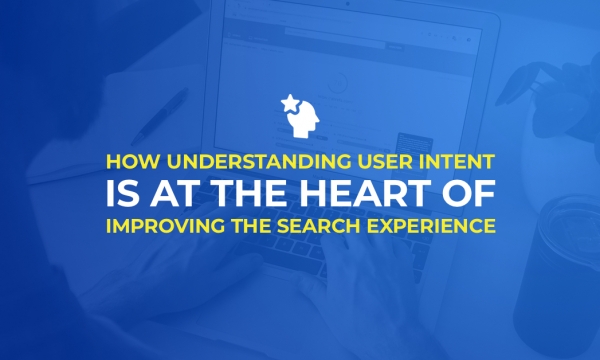
The patent says that Google could potentially link search result content based on television programmes being broadcast in a given location, working on the basis that search intent can be influenced by what is broadcast on television.
The wording of the patent describes it as:
“A computer implemented method for using search queries related to television programs. A server receives a user’s search query from an electronic device.
“The server then determines, in accordance with the search query and television program related information for television programs available at a location associated with the electronic device during a specific time window, a television program currently being displayed in proximity to the electronic device, wherein the television program related information includes program descriptions for a plurality of television programs being broadcast for the associated location.”
Further into the document, the patent describes the rationale behind it:
“Occasionally, such a TV viewer executes search queries on the Internet-connected device related to the TV content he or she is watching. For example, when the user is watching a TV program about wildlife, he or she might execute searches on the Internet-connected device related to the particular animal species being described in that program.”
Google would, according to the document, implement a ‘correlation score’ system to determine how likely a television broadcast is influencing search activity. If the correlation score does not reach a certain threshold, the search results would be unaffected.
How could this work in practice?

In essence, Google could use television schedules in a given location as a potential ranking factor, which could affect the types of results given before or during a show’s broadcast.
For example, if somebody was to search for “cake recipes” just during an episode of The Great British Bake-off, Google could potentially perceive that the intent of that search is related to the show and alter the results to suit.
Likewise, a search for “Manchester City” made after kick-off in a televised match could give more prominence to results offering live scores or in-play betting, rather than match previews or press conference quotes.
Another example could see search results for “Mercedes” or “luxury cars”, made during an episode of Top Gear, reflect a particular model being shown in that programme.
The importance of second-screen interaction.

The patent represents a clear statement of intent by Google to reflect modern viewing habits in its search results. Second screen interaction, by which viewers follow a television programme on social media whilst it is taking place, represents a huge opportunity for Google.
Whilst this development is very much in its infancy, it represents another big opportunity for brands – particularly if such a development is able to pick up on programme sponsorship or product placement. It certainly favours those larger brands with deep advertising pockets.


